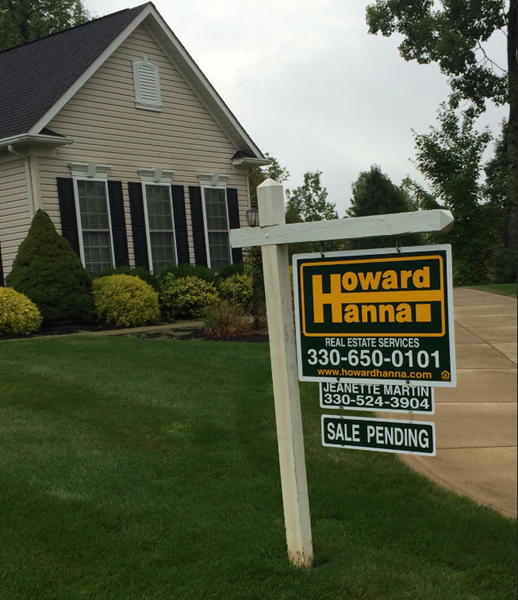Market Data

August 17, 2023
Builder Confidence Declines as Mortgage Rates Rise
Written by Becca Moczygemba
As mortgage rates continue to rise and housing demand slows, builder confidence is waning. A drop in July housing starts was the first in seven months.
Total privately owned housing starts were at a seasonally adjusted annual rate (SAAR) of 1,452,000 units in July, according to the latest estimates from the US Census Bureau.
Compared to June’s revised estimate of 1,398,000 units, July starts saw a 3.9% increase. Year-over-year, July’s figure rose 5.9%.
Single-family housing starts in July increased 6.7% to 983,000 units from June’s revised figure of 921,000 units. Overall, housing starts have been relatively flat for the past year.
Builder confidence for new builds dropped six points from July to 50 this month, according to the latest Housing Market Index (HMI) release from the National Association of Home Builders (NAHB) and Wells Fargo. NAHB attributes the slowdown to rising mortgage rates and high construction costs.
“While this latest confidence reading is a reminder that housing affordability is an ongoing challenge, demand for new construction continues to be supported by a lack of resale inventory, as many home owners elect to stay put because they are locked in at a low mortgage rate,” said Alicia Huey, NAHB chairman.
NAHB chief economist Robert Dietz said that the decline in buyers is a reminder of 7.7% inflation.
“The best way to bring housing inflation down and ease the housing affordability crisis is to enact policies at all levels of government that will allow builders to construct more homes to address a nationwide shortfall of approximately 1.5 million housing units,” said Dietz.
A survey led by HMI showed that about 55% of builders are using sales incentives to draw customers in.
According to regional HMI scores, the Northeast saw an uptick by four points to 56. Unmoved, the Midwest and South remained unmoved at 45 and 58, respectively. The West fell by one point to 50.







